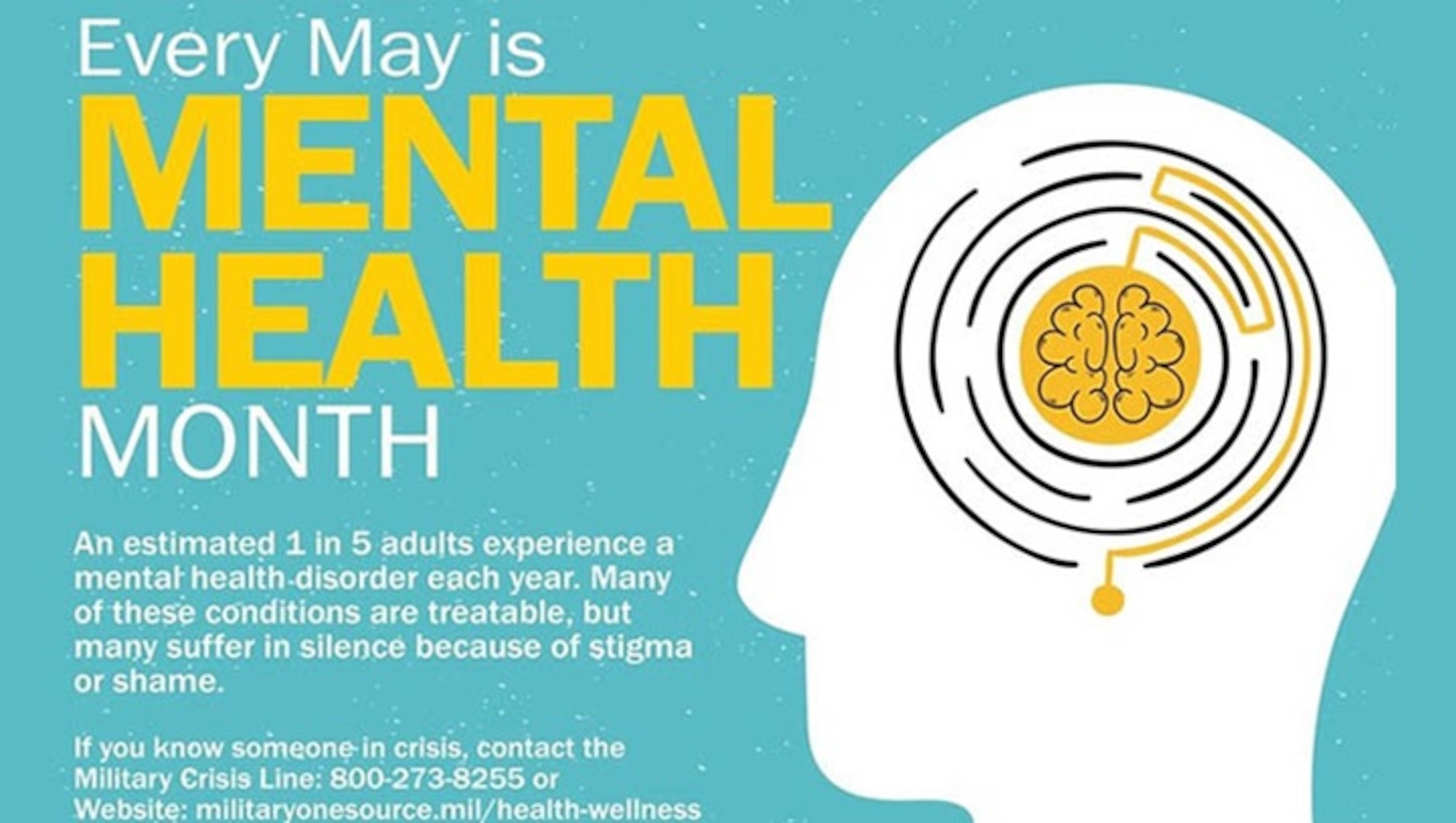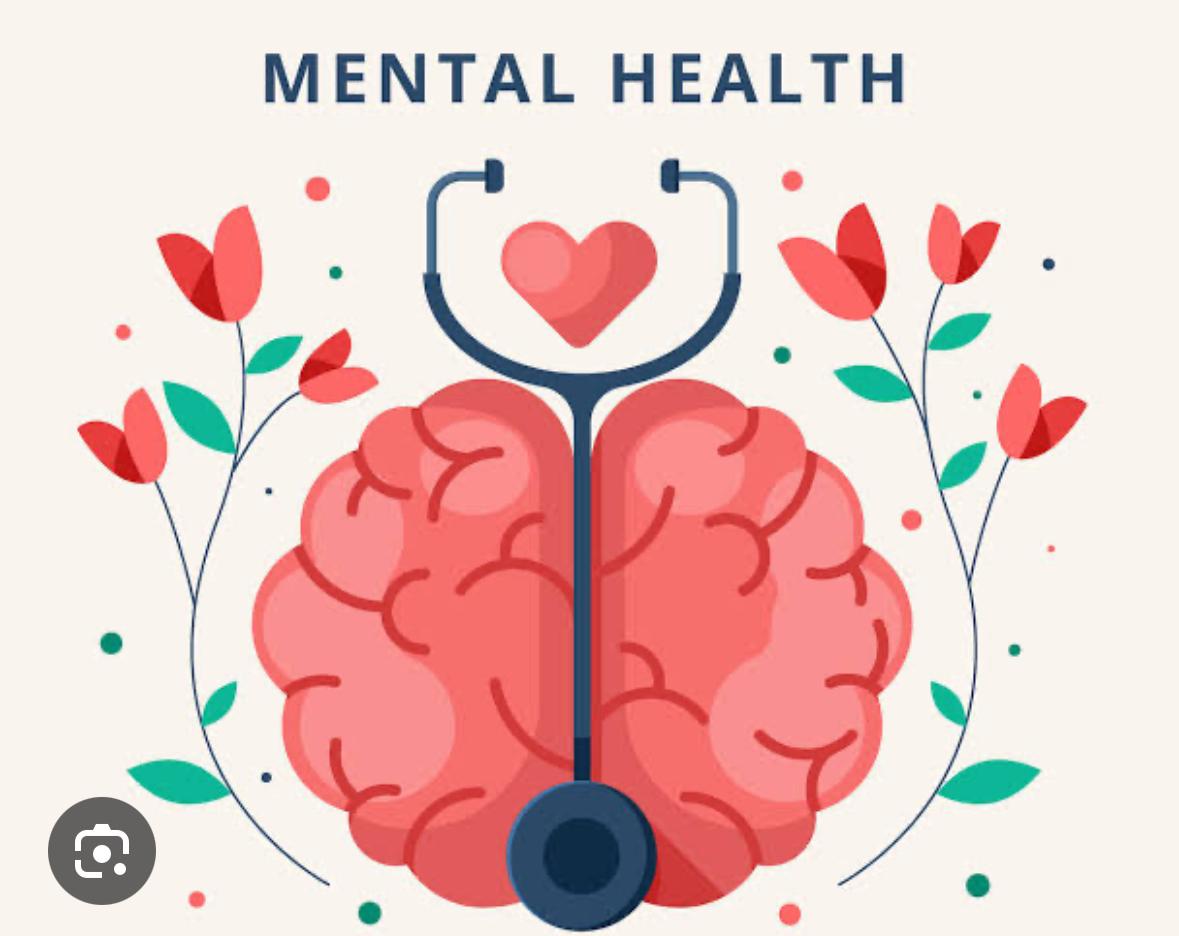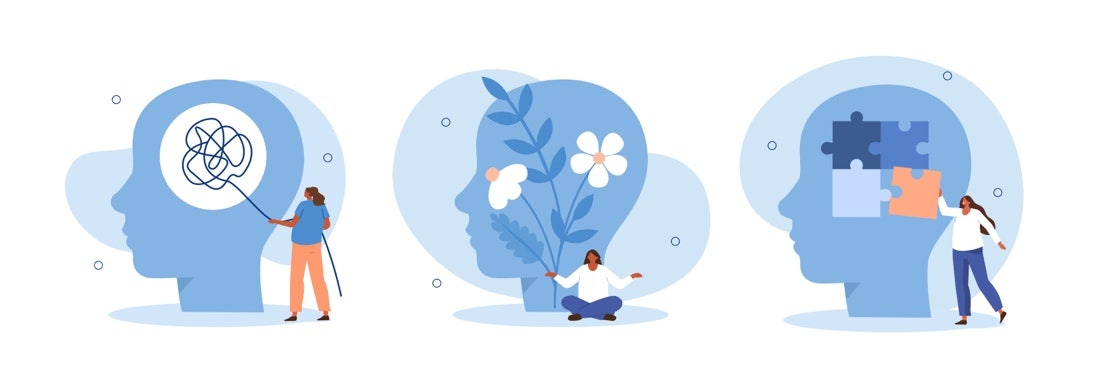Comprehensive Inpatient Mental Health Providers for Effective Therapy
Inpatient mental wellness solutions stand for a critical part of the health care system, offering a organized and extensive atmosphere for people experiencing extreme emotional distress. These services employ a multidisciplinary technique, incorporating numerous evidence-based therapies to deal with the intricate requirements of individuals. Nonetheless, the performance of such thorough care prolongs past prompt stabilization; it likewise incorporates the shift to outpatient assistance, a vital stage often forgot. Exploring the subtleties of this continuum discloses considerable implications for both individual healing and wider psychological wellness end results. What variables genuinely influence this transition, and exactly how can we enhance its performance?
Comprehending Inpatient Mental Health And Wellness Solutions
Inpatient mental health solutions provide important assistance for people experiencing extreme mental distress that can not be taken care of properly in an outpatient setup. These services are designed to offer an intensive level of treatment in a structured environment, commonly within a healthcare facility or specialized facility. Individuals admitted to inpatient programs usually present acute signs and symptoms, such as self-destructive ideation, serious depression, or psychosis, requiring continuous monitoring and intervention.
The admission procedure typically entails a thorough evaluation by psychological health and wellness experts, who examine the individual's psychological state, background, and immediate needs. Once admitted, individuals participate in a range of restorative modalities customized to their certain needs, consisting of medication monitoring, private therapy, and group sessions. This holistic strategy intends to support the patient's condition, advertise safety and security, and foster coping abilities.
Inpatient mental wellness solutions not only address prompt health worries yet also act as a bridge to recurring care. By providing a regulated environment, these solutions facilitate the development of treatment strategies that can be continued in outpatient setups, therefore guaranteeing a continuum of care and boosting lasting end results for individuals with complicated psychological health demands.
Key Elements of Effective Treatment
Efficient treatment in inpatient mental wellness solutions makes up several crucial components that foster healing and stabilization. A comprehensive evaluation is necessary to determine the individual's particular requirements and difficulties. This assessment educates the advancement of a customized treatment plan, which serves as a roadmap for intervention.
Another crucial component is the multidisciplinary team strategy. Cooperation among psychoanalysts, psychologists, registered nurses, and social employees makes certain that various point of views add to the individual's care, enhancing the performance of therapy. Evidence-based therapeutic modalities, such as cognitive-behavioral treatment (CBT) and dialectical behavior modification (DBT), are also integral, giving organized techniques that resolve maladaptive idea patterns and behavioral issues.

Lastly, a concentrate on aftercare planning is important to guarantee a smooth change to outpatient services, minimizing the threat of relapse and promoting long-lasting wellness. These collective elements create a reliable treatment structure within inpatient mental health solutions.
Benefits of Comprehensive Treatment

Thorough care in inpatient psychological wellness services provides countless benefits that substantially boost individual results. Among the main benefits is the all natural method to therapy, attending to not only the mental signs and symptoms but also the physical, social, and emotional requirements of people. This comprehensive analysis enables tailored interventions that promote overall wellness.
One more advantage is the assimilation of multidisciplinary groups, which cultivates collaboration among healthcare professionals. This collaborative atmosphere makes sure that individuals obtain worked with care, decreasing the danger of fragmented treatment and improving communication among caregivers. Additionally, detailed care helps with connection of solutions, enabling for seamless shifts from inpatient to outpatient settings, which is essential for long-term recovery.

Last but not least, the organized environment of thorough inpatient care provides a secure room for patients to involve in healing tasks, aiding them create dealing techniques and durability. Collectively, these benefits add to more reliable therapy and enhanced high quality of life for individuals experiencing mental wellness situations.
Evidence-Based Restorative Techniques
In the realm of mental wellness therapy, evidence-based restorative methods play an important role in ensuring that people get efficient and scientifically sustained interventions. These approaches integrate the most effective readily available research study with clinical proficiency and patient worths, fostering a reference customized therapy experience that resolves private needs.
Cognitive Behavior Therapy (CBT) is among one of the most widely acknowledged evidence-based approaches, concentrating on identifying and altering adverse thought patterns and habits. This organized strategy has demonstrated efficiency in treating conditions such as ptsd, stress and anxiety, and clinical depression. Dialectical Habits Treatment (DBT) is especially efficient for people with borderline individuality problem, stressing the growth of psychological law and social performance abilities.
Additionally, drug monitoring is often an essential component of evidence-based treatment, as psychotropic medications can reduce symptoms and improve overall performance. Joint treatment designs, which include multidisciplinary teams, further enhance the efficiency of inpatient solutions by making certain detailed examinations and constant tracking.
Ultimately, the assimilation of evidence-based therapeutic approaches not just advertises positive clinical end results yet likewise empowers patients, cultivating a sense of agency and durability in their mental health and wellness journeys.
Transitioning to Outpatient Assistance
The shift from inpatient mental wellness services to outpatient support notes a vital phase in a person's recovery journey. This period calls for cautious planning and control to guarantee connection of care and to mitigate the dangers of relapse or Discover More dilemma. Reliable discharge preparation should start early in the inpatient stay, entailing a multidisciplinary team that consists of psychiatrists, psycho therapists, nurses, and social employees.
Key components of a successful shift include the growth of a detailed aftercare plan tailored to the person's particular demands. This plan must outline follow-up visits, medication monitoring, and therapeutic interventions, along with identify neighborhood sources and support teams that can facilitate ongoing healing.
Moreover, client and family education is essential throughout this phase. Comprehending the indicators of potential problems and the value of sticking to therapy can empower clients and their support systems.
Regular follow-up and reassessment of the outpatient strategy are vital to attend to developing obstacles. By fostering a joint connection between inpatient and outpatient carriers, the likelihood of sustained recovery increases, ultimately boosting the patient's quality of life and decreasing the threat of readmission.

Verdict
In recap, thorough inpatient psychological health services offer a vital framework for attending to serious mental distress via a multidisciplinary strategy. Inevitably, such thorough treatment is essential for long-term psychological wellness and health.
The admission procedure normally entails a detailed analysis by mental health specialists, that review the person's psychological state, history, and immediate needs.Reliable therapy in inpatient go to this site psychological health and wellness services comprises numerous crucial elements that promote healing and stabilization.Comprehensive treatment in inpatient psychological health services supplies many benefits that considerably enhance person results.The transition from inpatient psychological wellness solutions to outpatient support notes an important phase in a patient's recuperation journey.In recap, detailed inpatient mental wellness services offer a crucial structure for addressing severe emotional distress with a multidisciplinary approach.